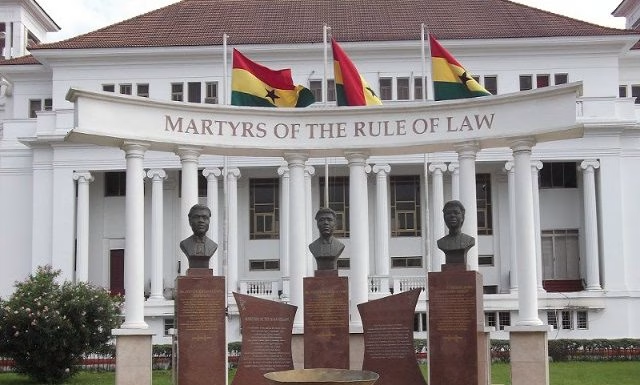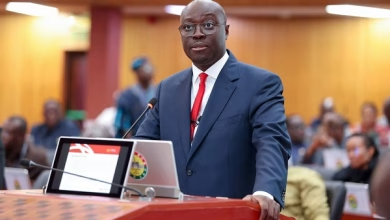Supreme Court Dismisses Petition Against Constitutionality of Anti-Gay Bill

- Supreme Court dismisses challenge to anti-LGBTQI bill
- Court upholds constitutionality of legislative process
- Bill's fate now rests with presidential assent
A seven-member panel of the Supreme Court, headed by Justice Lovelace Avril Johnson, has unanimously rejected a petition filed by broadcast journalist and lawyer Richard Dela Sky, who challenged the constitutionality of the Human Sexual Rights and Family Values Bill.
Sky had sought a declaration that the bill, which has ignited heated national debate, was null and void. However, the court dismissed his petition, affirming that the legislative process behind the proposed anti-LGBTQI legislation adhered to constitutional standards.
The bill, which seeks to criminalize activities associated with lesbian, gay, bisexual, transgender, queer, and intersex (LGBTQI) advocacy, has sparked significant controversy. If passed into law, it would impose penalties on individuals who promote, fund, or provide indirect support for LGBTQI-related activities.
Supporters of the bill argue that it is crucial for safeguarding Ghanaian cultural and family values, which they claim are under threat from foreign ideologies. “The bill is essential to protect our traditional values,” said one of the bill’s proponents.
Critics, however, including human rights organizations, view the bill as an infringement on fundamental human rights, including freedom of expression, association, and equality under the law. “This bill undermines basic human rights and fosters discrimination,” said an opponent of the bill.
The legal challenge also included a separate petition from equality and inclusion advocate Amanda Odoi. Both Odoi and Sky argued that Parliament had failed to meet the quorum requirements outlined in Articles 102 and 104 of the Constitution during the passage of the bill, thus rendering the legislative process unconstitutional.
In its ruling, the Supreme Court dismissed both petitions, stating that the bill had not yet become law. Justice Lovelace Johnson clarified that until a bill receives presidential assent, it does not constitute an enactment that can be subjected to judicial review for constitutionality.






